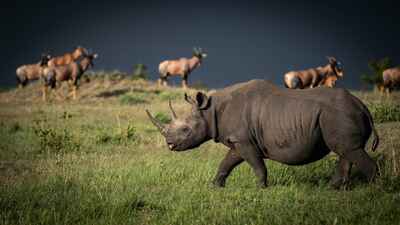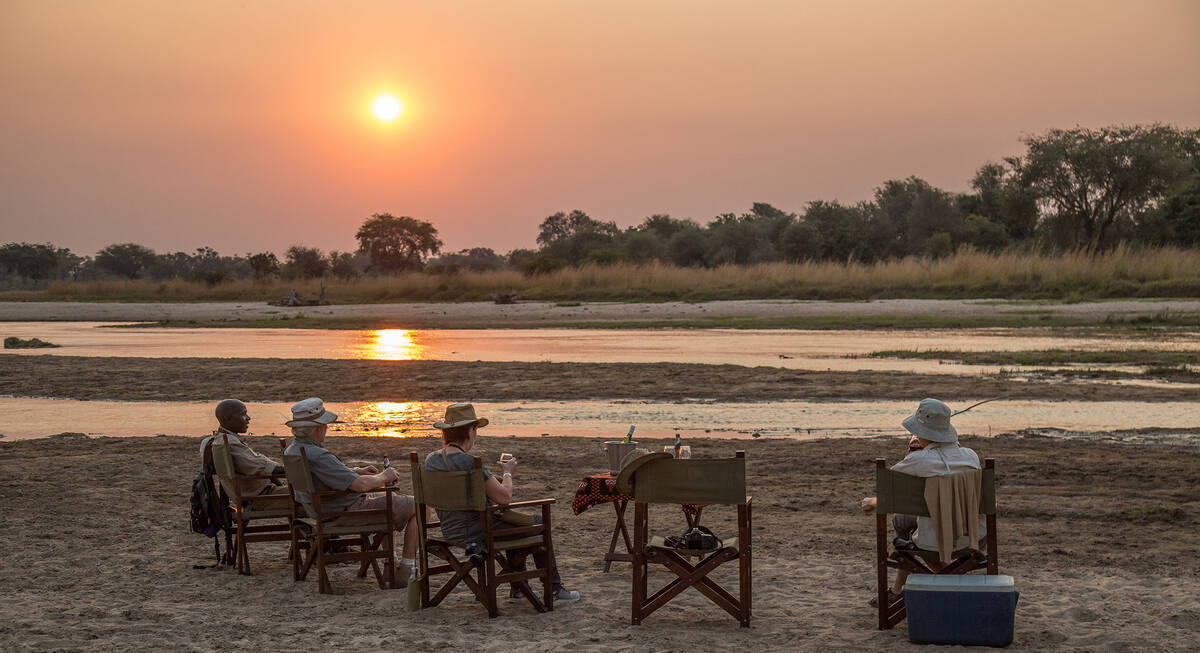Where to see Black Rhino in Zambia
The black rhino is the smaller and rarer of Africa’s two rhino species but has the more fearsome reputation. Shy and heavily persecuted, it tends to stick to cover.
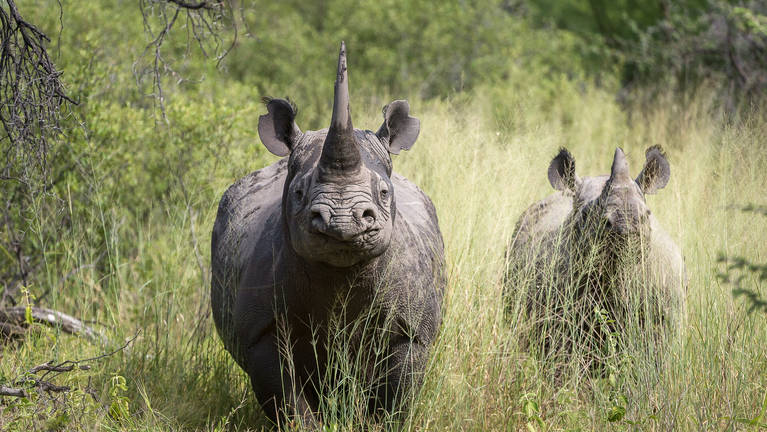
Quick facts about Black Rhino
| Scientific name: | Diceros bicornis | Habitat: | Scrub & open woodland |
|---|---|---|---|
| IUCN status: | Critically Endangered | Adult weight: | 800–1,400kg |
In the mid 1960s, when the decline of the black rhinoceros began to accelerate, Zambia had Africa’s third largest population. Of some 12,000 then in the country, roughly one-third were in the Luangwa Valley, a longstanding hotspot. Sadly, Zambia did not escape the poaching onslaught. By the end of the century the species was declared extinct, with the last individuals disappearing from South Luangwa National Park in 1998. Happily, a phased reintroduction project from 2003–2010 saw the species returned to an intensive protection zone in North Luangwa National Park. Numbers have slowly increased, with 58 rhinos – as at 2023 – now roaming freely.
±5,500
Current population
1.3 m
Record horn length
50 km/h
Max. speed
16 months
Gestation period
The top camps for seeing black rhino in Zambia
Based on 1 reports by our travellers since Jun 2019, visitors at these camps in Zambia have the best chances of sighting black rhino.
Best chances to see
Good chances to see
Some sightings
No sightings yet
Best areas to see black rhinos in Zambia
Black rhinos occur in only a handful of protected areas in east and southern Africa. Your best chance of spotting one is at a waterhole or on foot with a tracker.
Zambia: black rhino hot spots
Today, the only place to see black rhinos in Zambia is North Luangwa National Park, the more remote and lesser-known northern sister of South Luangwa National Park. With fewer than 60 rhinos here, sightings of this notoriously elusive species are extremely rare, though not unknown. With just a handful of camps and a limited road network, the park specialises in walking safaris. On foot, you may come across black rhino spoor, even if you don’t encounter the animal itself. Following the success in North Luangwa, African Parks and local conservation agencies are currently drawing up plans to reintroduce black rhinos to Kafue and Lower Zambezi national parks, both of which once held significant populations.
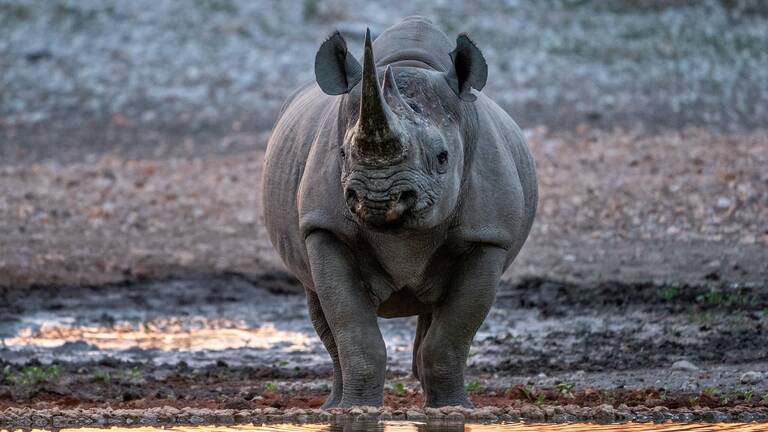
Our best Zambia holidays for black rhino sightings
Based on our travellers' reports, these ideas for Zambia safaris are likely to give the best black rhino sightings
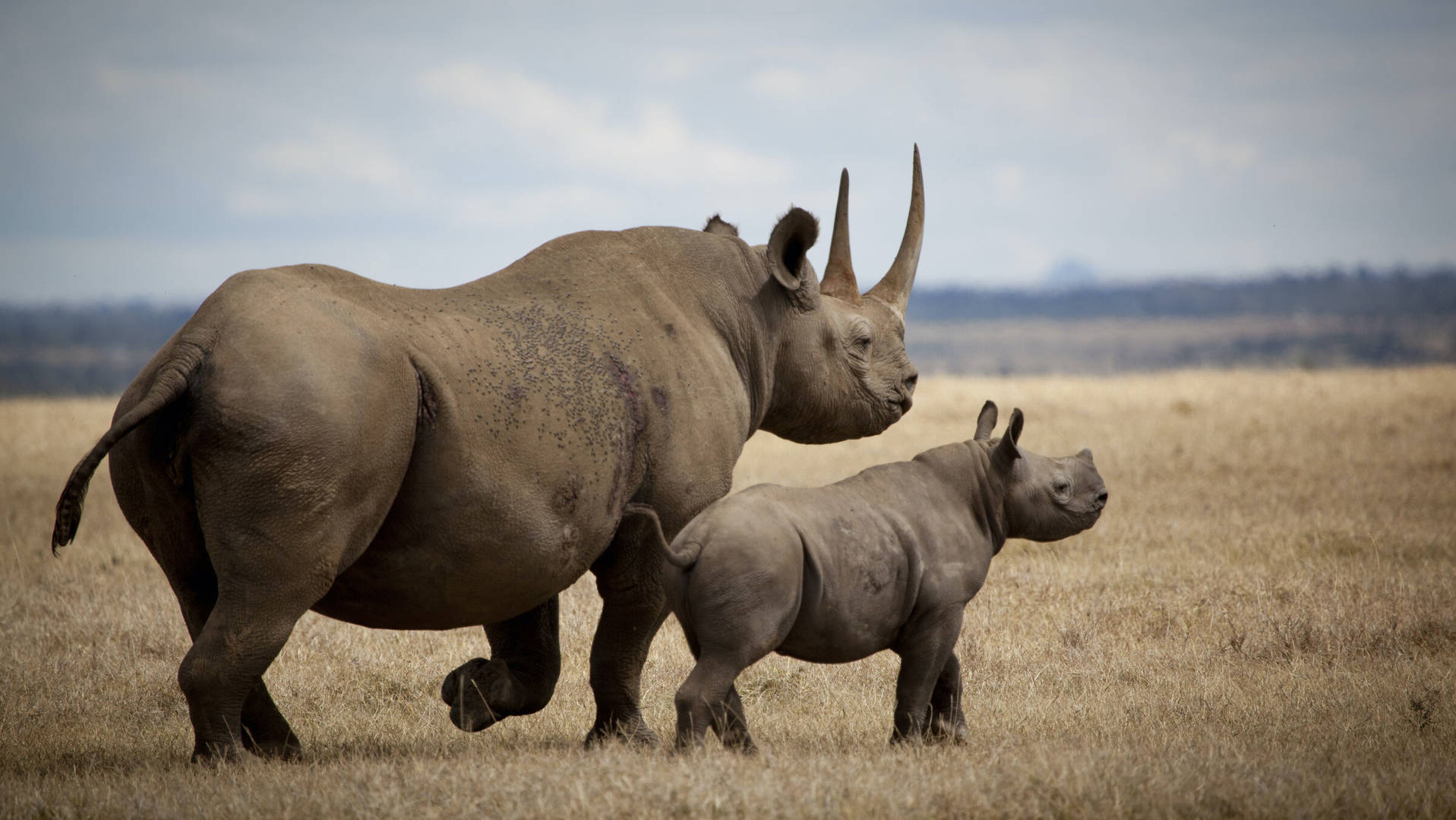
More information about black rhino in our other destinations
Click here for detailed information about black rhino in other countries, including the places for sighting black rhino.
